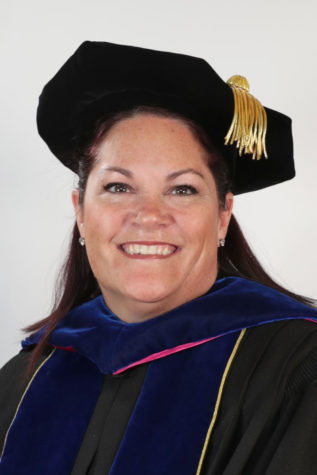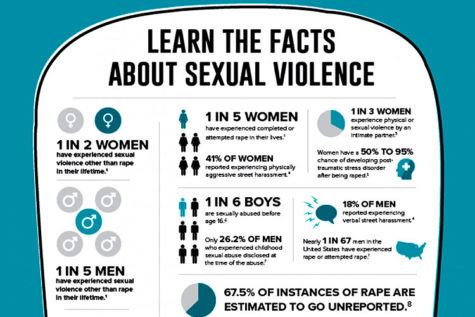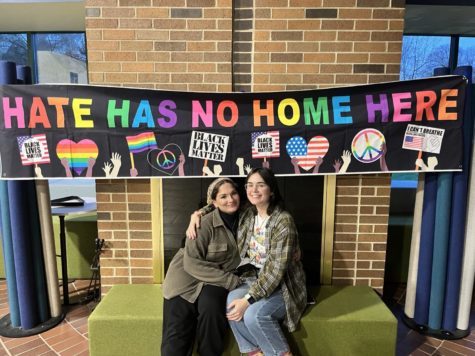Hurst celebrates Meatless Mondays
September 17, 2019
Once again we see good progressive changes within our dining facilities here on campus!
Mercy Meatless Monday’s have begun this week and will continue throughout the month of September. This comes as a result of the Sisters of Mercy approaching Parkhurst with the hope of lessening Mercyhurst’s carbon footprint.
If there is a positive response to this on the student end, Parkhurst plans to cater to the needs and wants of the students and continue to hold Mercy Meatless Monday’s even past September.
“They [the Sisters of Mercy] are trying to show concern for the Earth, agriculture specifically. When it comes to having to feed livestock… it greatly contributes to the greenhouse effect,” head Chef, Art Catrow said.
The greenhouse effect is a natural process which warms the Earth’s surface by means of the sun’s energy.
When this energy reaches Earth, some of it is reflected back to space, while the rest is absorbed by the Earth and re-radiated by greenhouse gases. These gases contain substances such as water vapor, carbon dioxide, methane, nitrous oxide, ozone and a handful of artificial chemicals.
Cattle have unique digestive systems and thus emit large amounts of methane gas by means of belching and exhaling. Beef cattle account for roughly 70% of these emissions.
There is also the issue of methane gas being released during the decomposition of manure. This only occurs when manure is stored as a liquid or in tanks, ponds, or pits since there is a lack of oxygen present.
Aside from cattle, rice farming, waste dumps and oil production produce large amounts of methane gas.
“It takes so much agriculture to maintain livestock versus the quarter that it takes to feed people on a plant-based diet. That is pretty much how we, from the Parkhurst side, can contribute to this and support the Sisters of Mercy with their initiative.” Catrow said.
The problem we currently face in this day and age is that human activities such as burning fossil fuels for electricity, heat and transportation, or land clearing increase the concentrations of greenhouse gases that are making the Earth unnaturally warm.
This results in environmental changes in temperature and chemistry that are happening faster than humans can monitor and combat. Today’s atmosphere contains 42% more carbon dioxide than it did at the start of the industrial era.
“As far as for the students, we are trying to bring awareness to them as they go out into the world to understand the cause and effects of emissions; to know that it’s not just cars. Agriculture has more of a negative impact than automobiles do.” Catrow said.
Some ways for students to reduce greenhouse emissions on their own are to reduce, reuse and recycle, use less heating and air conditioning, make sure to replace lightbulbs, drive less, or at least drive smarter and carpool, buy energy-efficient products or lessen hot water use.
“The kids in this generation are a lot more aware of what’s going on and the impact of what’s happening with our environment. We’re seeing change now.” Catrow said.
Look out for new vegetarian options at 501 Grille and the Daily Dish at the Grotto Commons for Mercy Meatless Mondays and join the Sisters of Mercy. Everyone is welcome!
For more information contact Parkhurst or Cathrow.







